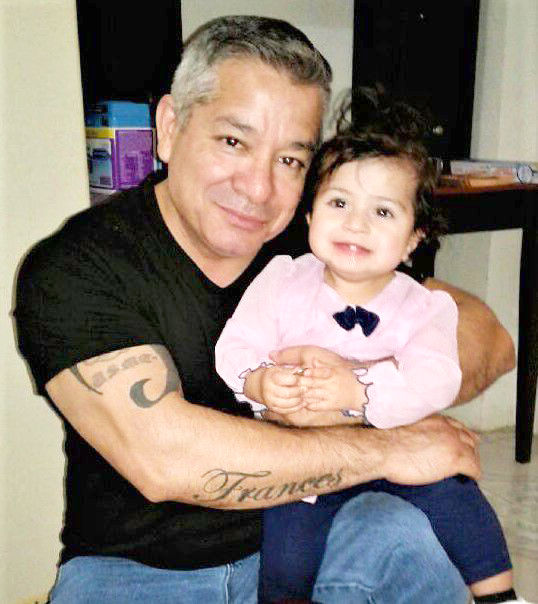McALLEN — U.S. Rep. Vicente Gonzalez, D-McAllen, sent a letter yesterday to President Donald Trump asking him to issue an executive order to expedite the process of repatriating thousands of U.S. military veterans who have been deported.
The letter comes about one week after his Chief of Staff Jose Borjon said Gonzalez was looking for bipartisan support for a bill, currently being drafted by the House Legislative Council, to help deported veterans.
“While we may not agree on every aspect of immigration policy, changing this policy is an important first step in uniting our country and supporting our veterans is something we can all agree on,” wrote Gonzalez.
“When you ran for president, you promised to take care of our veterans. This Executive Order would keep with those promises.”
Federal authorities estimate anywhere from several hundred to as many as 3,000 men and women who served in the U.S. Armed Forces have been deported since 2007, according to a 2012 article by the Veterans United Network.
All veterans and active service members who have a lawful permanent resident status are eligible for expedited naturalization through the Immigration and Nationality Act, but there are many who never completed the process and face deportation if convicted of a crime.
Marcelino Ramos Rodriguez, 49, said he was never told about the naturalization program and believed serving in the in the U.S. Marine Corps protected him from deportation.
“I thought when I went and signed up to protect this country from all enemies foreign and domestic, I thought that was it,” Rodriguez said. “I came from Mexico, but I’ve always been a U.S. citizen.”
Rodriguez was brought to the United States by his parents in the early 1970s and said his earliest memories are of his childhood in Edinburg. He graduated from Edinburg High School and served in the U.S. Marines from 1986 to 1992.
Rodriguez was first deported in 2011 after serving two years in prison for injury to a child. According to Rodriguez he would’ve taken the case to court, but his attorney advised him to take the plea deal and assured him he would serve half the time and would not be deported.
He said he tried fighting the case in immigration court but his new attorney never showed up and he ended up being deported to a country he still considers foreign. After living in the streets for weeks and begging for money in order to survive, Rodriguez crossed back into the United States illegally.
He lived under the radar for several years, remarrying and starting a new family in San Antonio, but last year his brother, also a former U.S. Marine, stabbed him. This sparked a police investigation that put him back on the radar of Immigration and Customs Enforcement, Rodriguez said.
In October of 2016 after he was released from the hospital, he was picked up by ICE and later deported a second time.
“I feel as if I was abandoned behind enemy lines,” said Rodriguez, who lives alone with his two year old daughter in Nuevo Laredo. “We are forced to stay indoors most of the time.”
“People like me, who were educated and trained in the U.S. and have been so Americanized, don’t belong here,” he added. “I stand out like a sore thumb, when I walk down the street I feel like I have a target on my back….my life expectancy is very short here.”
Gonzalez’ wife, Frances Ramos, has been fighting for her husband’s asylum case from the United States. She said her husband was the victim of crime committed by a U.S. citizen and should have never been deported.
“My husband that served our country wasn’t protected,” Ramos said. “But yet the brother that stabbed him is out and free to enjoy his freedom.”
Gonzalez is urging the president to help veterans like Rodriguez who were honorably discharged and had no criminal history prior to joining the military, but one impediment to solving this problem will be that the federal government has not kept an official record of how many of these veterans fit the criteria, Gonzalez said.
Request for comment from the White House was not answered by the time of this report.
“Honorably discharged veterans, who risked their lives to defend and protect this country, suffer from post-traumatic stress disorder and other service-connected conditions that lead to behaviors that put them at risk of being deported,” Gonzalez wrote in his letter to the president Monday.
“It is clear that by leaving these illnesses untreated, we are doing a disservice to our service members and to our country. Further, once these veterans are deported, they lose access to VA home loans, education, healthcare and other benefits they have properly earned through their service to our country,” he added.




